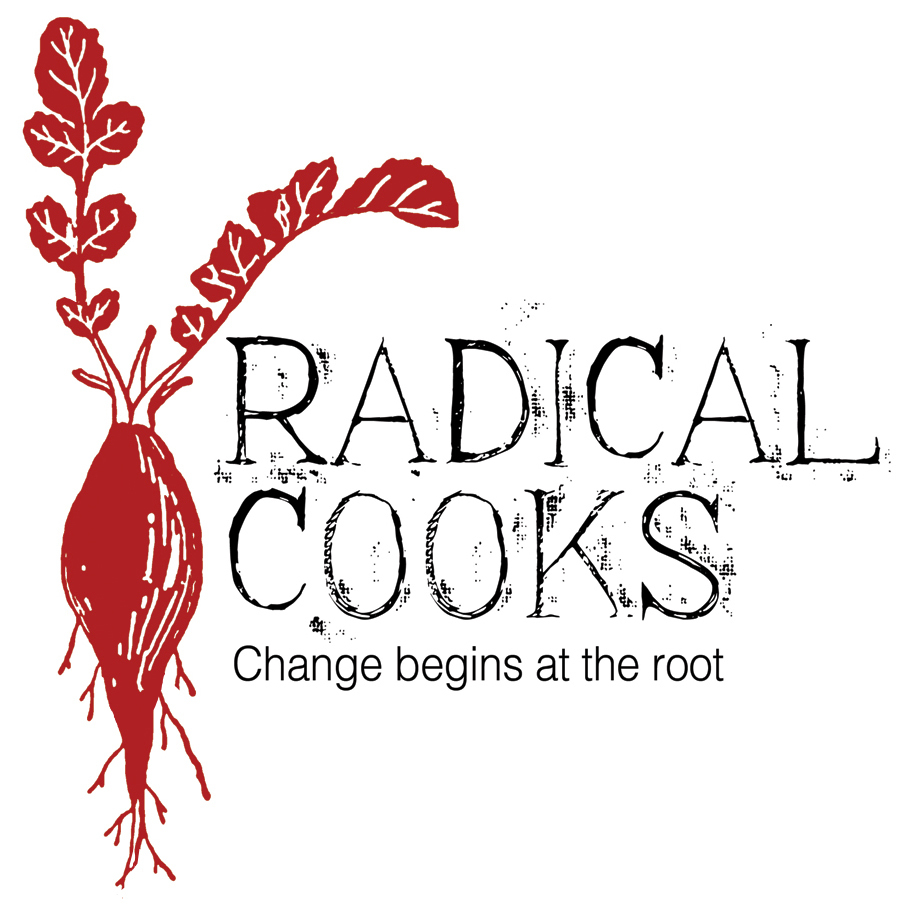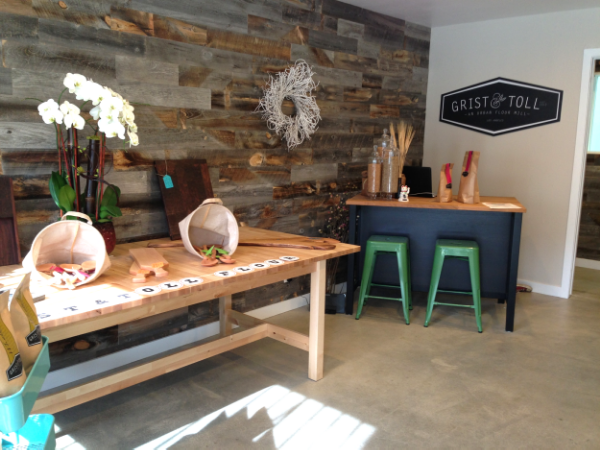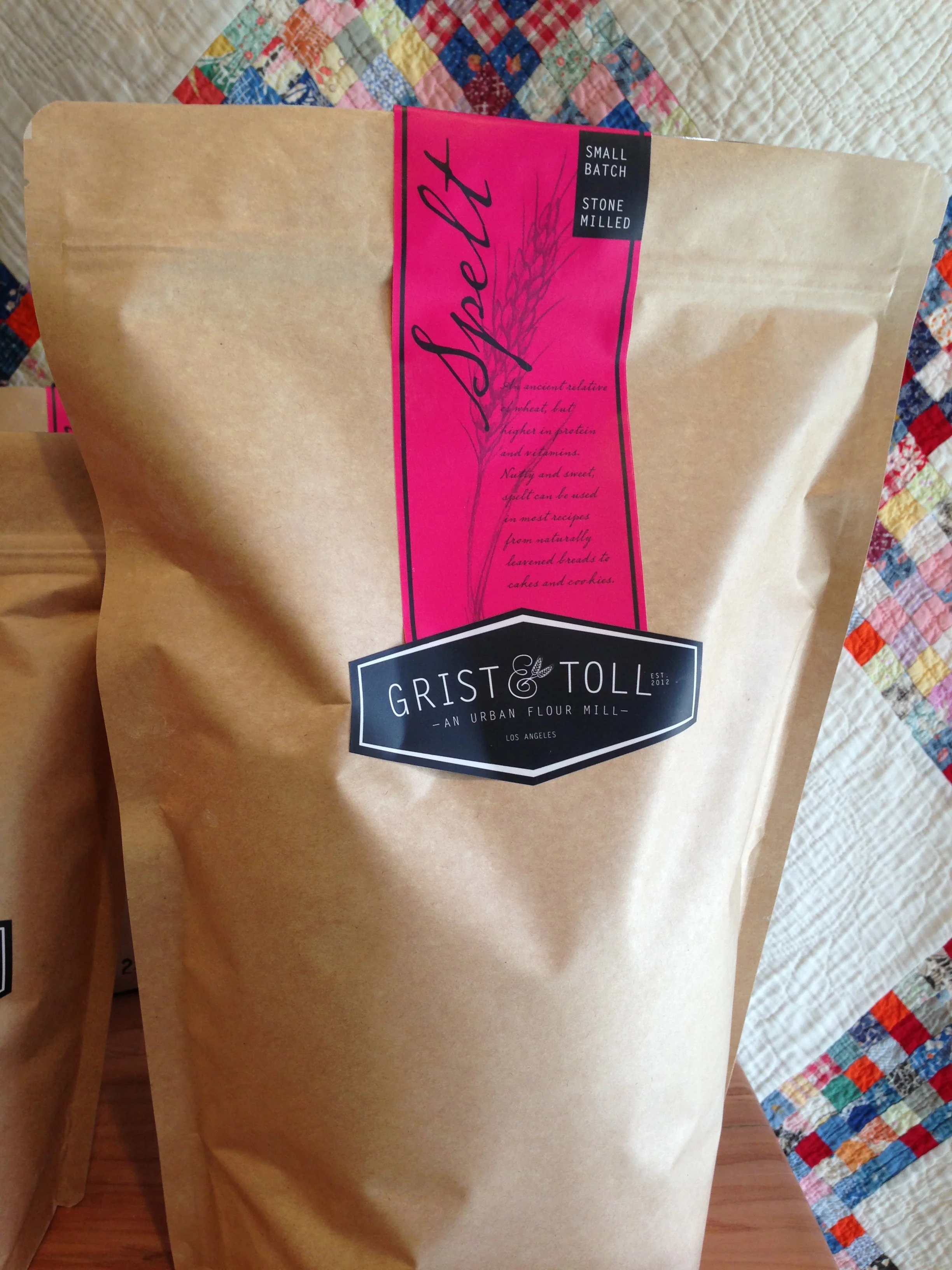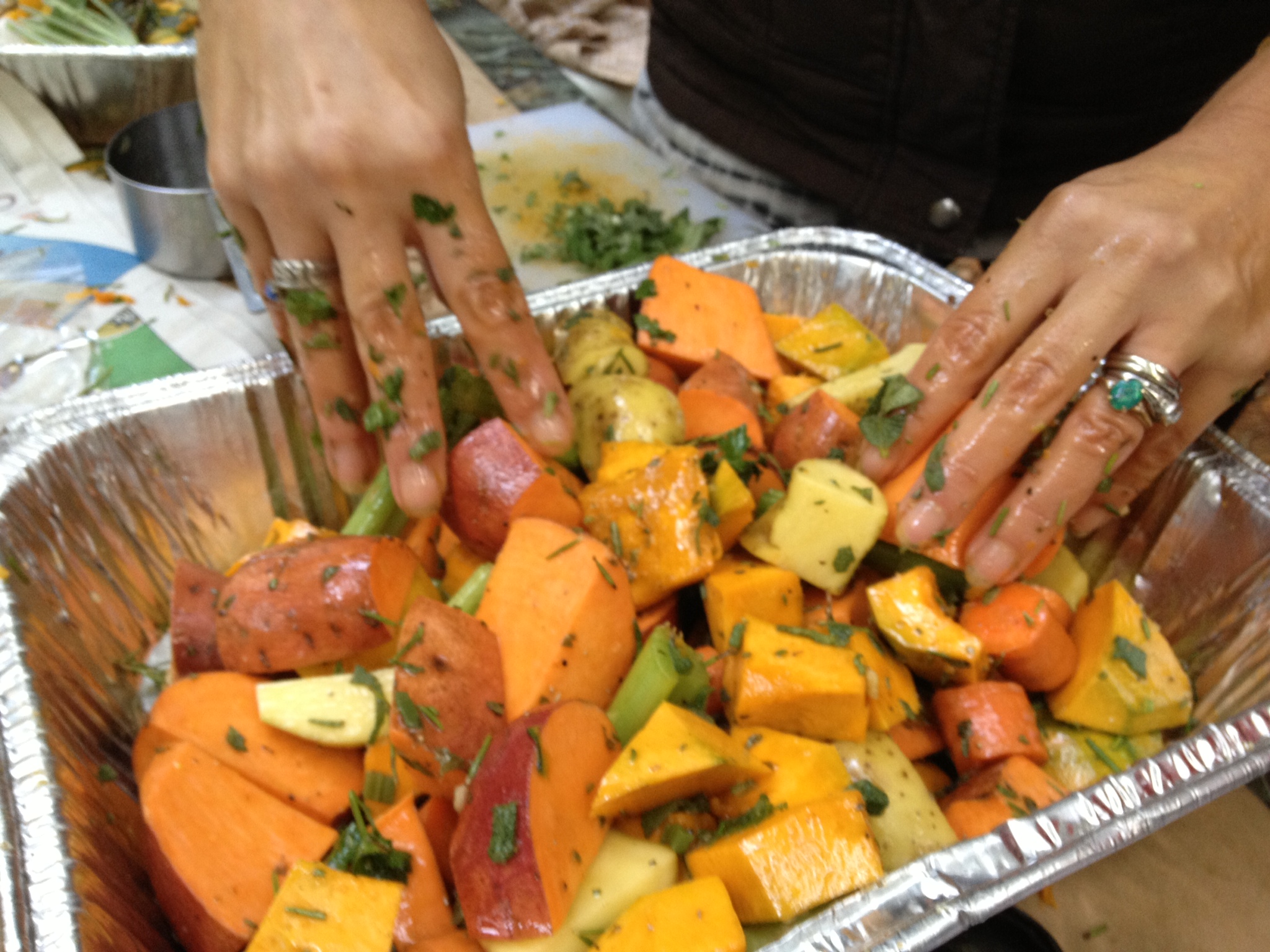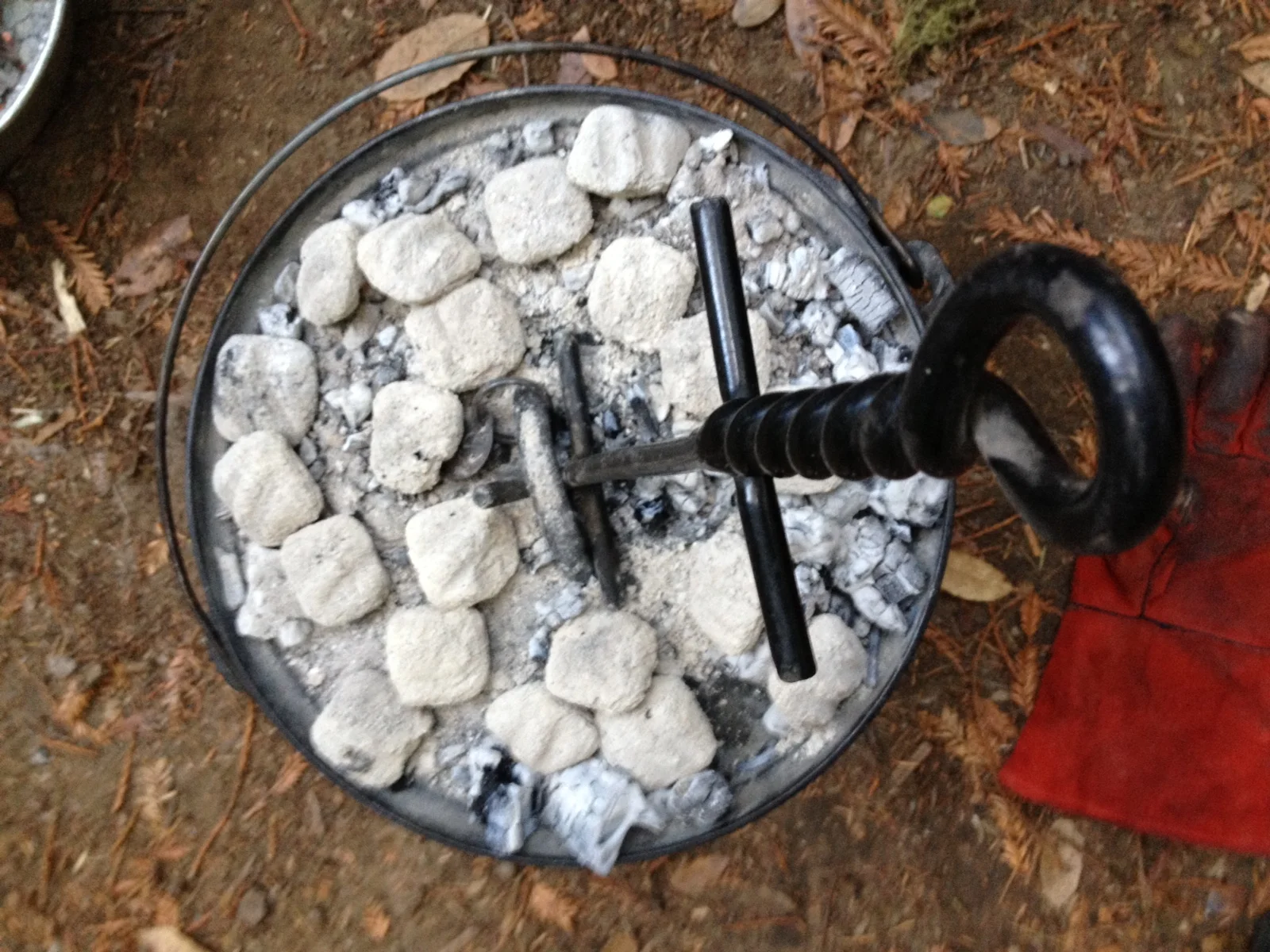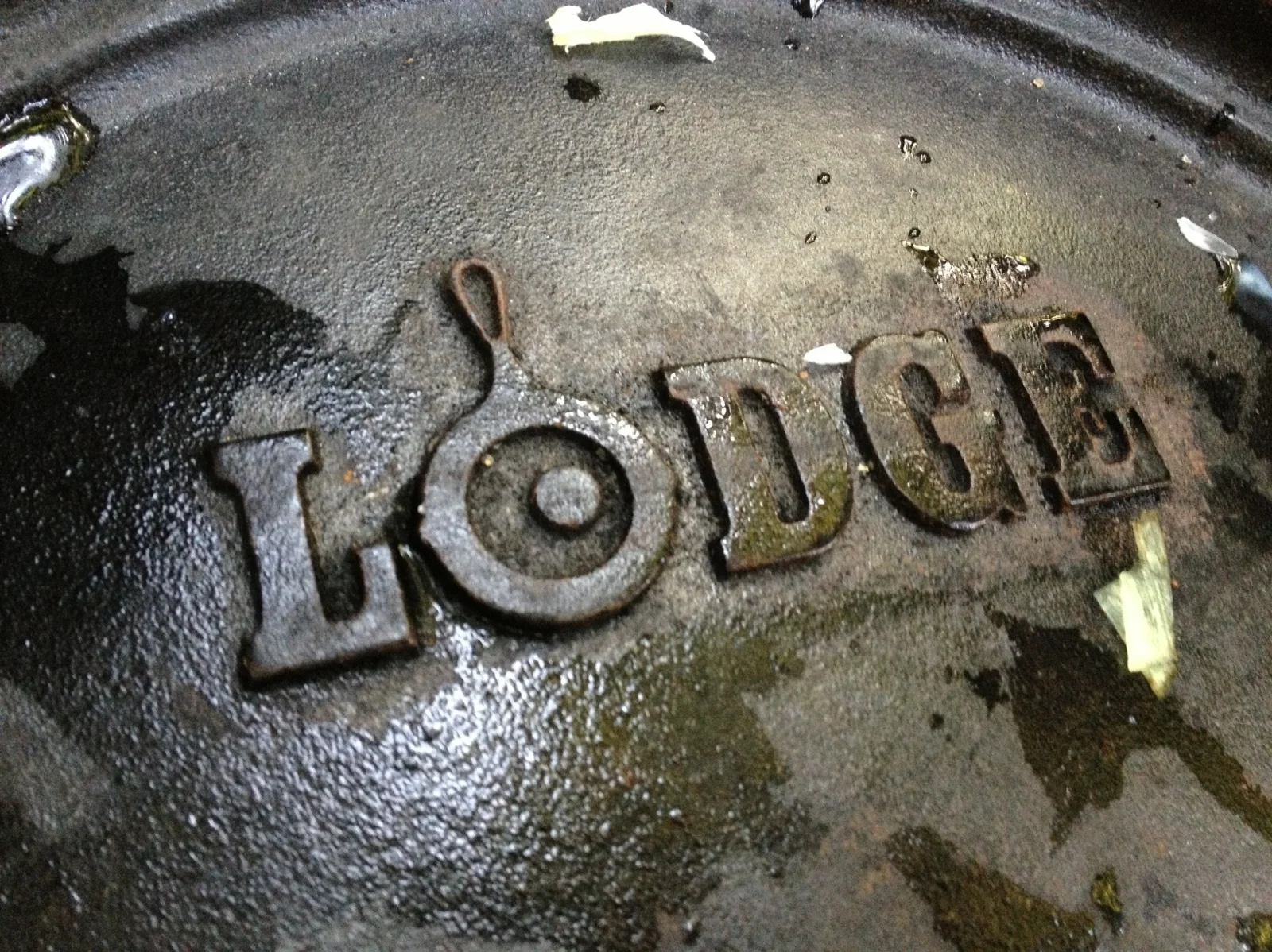Grist and Toll Revives the Urban Flour Mill
/Grist & Toll's retail space.
“Are you a baker?” Nan Kohler, co-owner of Grist & Toll asks me upon walking into her urban flour mill. "Um, no. Not really," I admit, quick to confess my shortcomings. I am, however, quick to brag I know my way around a flour mill.
One of my best summer jobs was spent working in a flour mill called the Mt. Olive Milling Company located in my small Midwestern hometown. In summer the wheat harvest kicked in and farmers would drive huge truckloads of wheat to the local mill. Only seventeen, my job was to climb up the sides of these huge trucks, jump into a truckbed full of grain, feet and legs sinking into the wheat like quicksand. Thrusting down into the wheat a hollow steel probe as tall as my 5’4” frame, I’d retrieve a vertical sample of the wheat. This sample would then be tested for moisture content and weight. These two factors determined the price the miller would pay to the farmer for their wheat. For a myriad of reasons, working in that flour mill was one of the best jobs of my life. Stepping into Grist and Toll, the place is quite a bit smaller than the Mt. Olive Milling Company's operation. Still, being in close proximity to a flour mill is a little like going home.
Nan gives me an up close tour of the actual mill. Straight from Austria (a strange coincidence since the mill owner I worked for in my high school days was of German origin), it’s hefty, sturdy and strong. Two large stones literally grind the grains into flour on site. Stone ground wheat sounds so pure, simple, and good, doesn't it? And it's all true. Nan explains the process of stone milling the wheat helps preserve the natural vitamins and minerals found in the grains. It also can allow for a finer product, which professional chefs and home bakers who know the finer points of baking, prefer. I simply love the fact there in the middle of Pasadena sits a stone mill. A rare sight, although it didn’t always used to be.
For those in the know, Pasadena and Los Angeles have rich flour mill histories. In Pasadena, El Molino Viejo (The Old Mill) was the area's first mill built in 1816. Capitol Milling in downtown Los Angeles was the city's first and oldest commercial structure, dating back to 1831. Neither are in business now. But Grist & Toll is set on reviving this history of local milling in the Greater Los Angeles area, which is one of the reasons why Grist & Toll is such a rare and special place. It's also rare and special because of the grains they choose to mill.
They specialize in using organic heritage wheat and grains. Grist and Toll freshly mills these grains into flour on site and sells to both the public and local restaurants and bakeries.
This is wheat.
My eyes scan their retail space looking at the varieties of flour for sale. A bag of Sonora wheat catches my eye.
Flour for sale.
Nan explains Sonora is considered one of the oldest wheat grown in North America. It is believed this grain was brought from Sonora Mexico in the late 1700’s and took the Mission route up the coast. Almost extinct, small-scale farmers began planting it and it is now starting to make a comeback. Being both golden in hue and being sold in the Golden State, it was my destiny to buy a bag. So I buy two. Then I also take a small bag of rye and a bag of spelt. I don't really know what spelt is but it sounds cool.
Spelt. Not exactly sure what it is but planning to find out.
Loading my car trunk with bags of flour I think to myself I might just become a baker after all. If the folks at the Mt Olive Milling Company could see me now.
Grist & Toll is located at 990 South Arroyo Parkway, #1 in Pasadena, CA. Their website, www.gristandtoll.com, provides an extensive description of their flour selections and properties of each type. They also have an online store in case Pasadena is too far of a drive for you.
